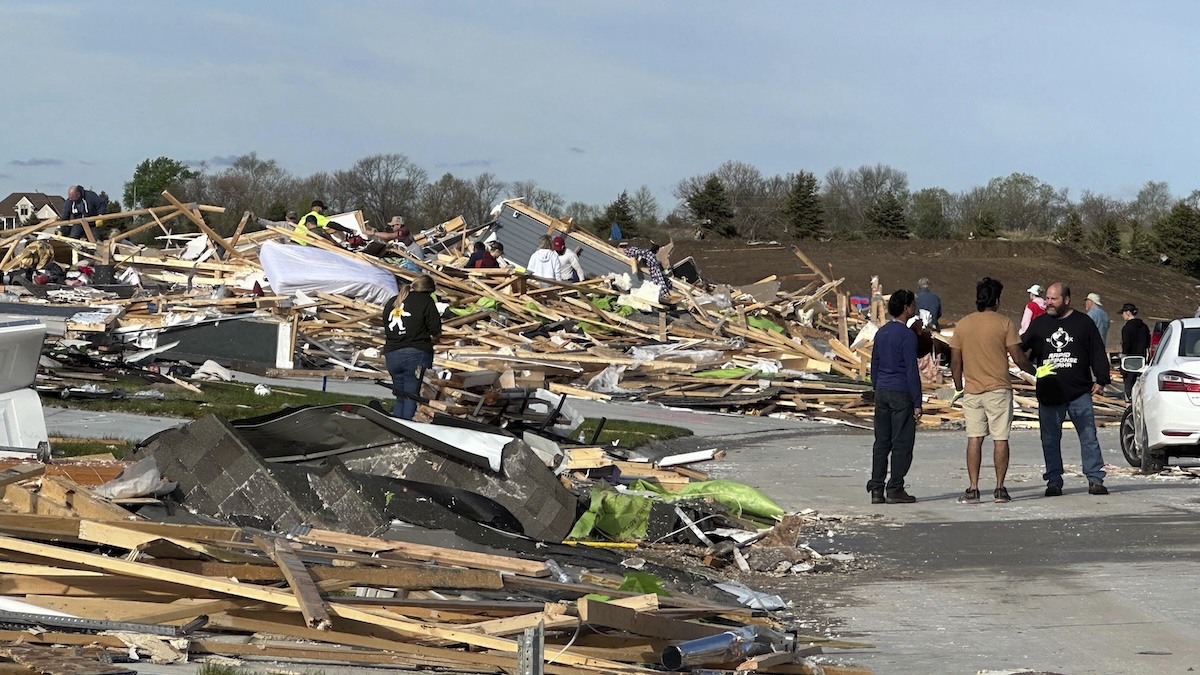On Friday, President Joe Biden is expected to travel to Baltimore to visit the site of the deadly Francis Scott Key Bridge collapse, which left six presumed dead and is expected to have a major impact on the port's economy.
There are also still some questions about the impact this is having on the supply chain around the nation experts are weighing in.
Texas Christian University operates the Center for Supply Chain Innovation within the Neeley School of Business, which has been keeping a close eye on the situation.
The bridge collapse is indefinitely blocking access in and out of the Port of Baltimore, one of the largest ports in America. It’s a major hub for goods like forestry materials, farm equipment, and sugar. The channel leading up to the port also has deeper water and can handle larger ships than other East Coast ports.
Get DFW local news, weather forecasts and entertainment stories to your inbox. Sign up for NBC DFW newsletters.
The port of Baltimore is also the top domestic port for autos because it's the closest port to the Midwest auto industry so having that out of commission could mean some degree of disruption with cars.
"A lot of auto dealerships now have pretty good inventories again. So [this is] probably going to be some smaller companies that feel it the most. Companies that couldn't afford to have a lot of extra inventory or couldn't afford to reroute their goods to other ports, which is going to take more time and money to do that,” said Tyson Browning, an operations management professor at TCU.
The good news is that experts do not believe the incident should significantly impact or interrupt the supply chain as a whole.
Local
The latest news from around North Texas.
Cargo traffic can divert to ports in New York, New Jersey and Virginia that can handle the extra loads. NYC and New Jersey, for example, completed expansions during COVID-19 that are allowing them the capacity for the extra ships.
There might be added costs and delays for many companies from the diversions but overall, logistics experts are working to minimize the impacts through the entire supply chain system.
"I don't think there's going to be a huge impact here in Texas. We have the port in Houston and a lot of our goods come from the West Coast by rail. These ports play a big role in transferring the many shipping containers we see stacked on cargo ships on rail cars or trucks. And thankfully that can happen in different places if necessary,” said Browning.
However, the Baltimore bridge collapse is adding just another layer to existing supply chain issues happening in other parts of the world right now.
Browning said there is a drought in Panama that's affecting the Panama Canal and making it hard for ships to pass because there's not enough water in the canal's locks. That is impacting imports from China being able to reach the other side of the U.S.
He said the situation in Gaza is also affecting movement through the Red Sea and the Suez Canal.
In Baltimore, experts predict it will take at least a couple of months to clear the wreckage, which will continue to keep new cargo from reaching the port until it's cleared.



